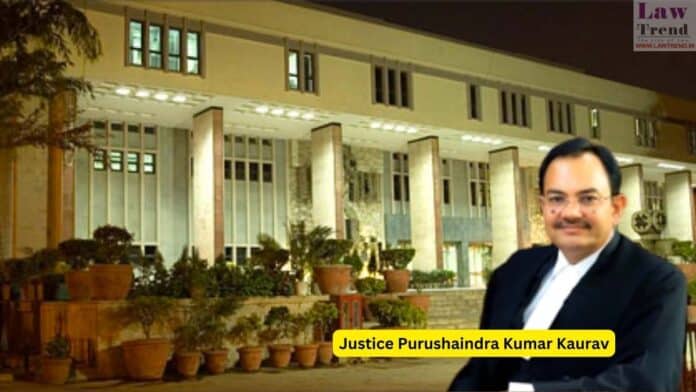The Delhi High Court has dismissed an arbitration petition filed by JSW MG Motor India Pvt. Ltd., holding that the plea for the appointment of an arbitrator was barred by the principles of res judicata and issue estoppel. Justice Purushaindra Kumar Kaurav ruled that since a competent civil court in Visakhapatnam had already rejected the
To Read More Please Subscribe to VIP Membership for Unlimited Access to All the Articles, Download Available Copies of Judgments/Order, Acess to Central/State Bare Acts, Advertisement Free Content, Access to More than 4000 Legal Drafts( Readymade Editable Formats of Suits, Petitions, Writs, Legal Notices, Divorce Petitions, 138 Notices, Bail Applications etc.) in Hindi and English.




